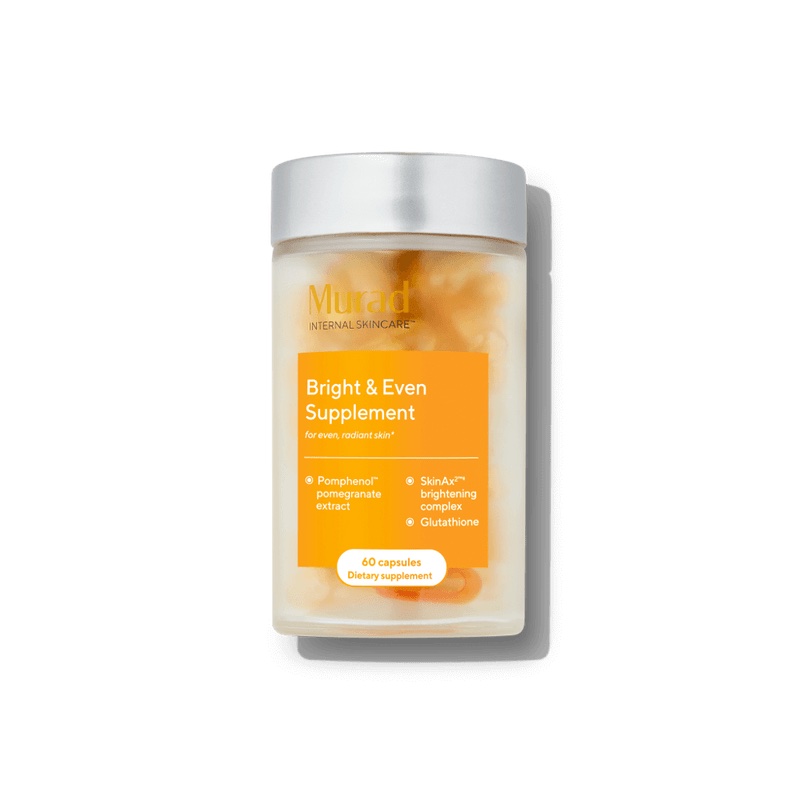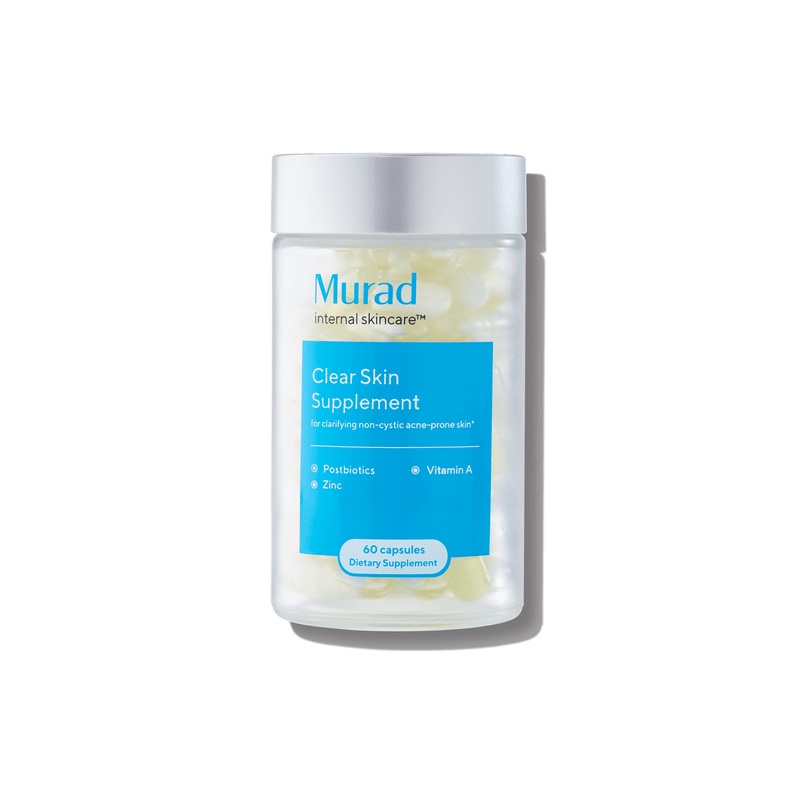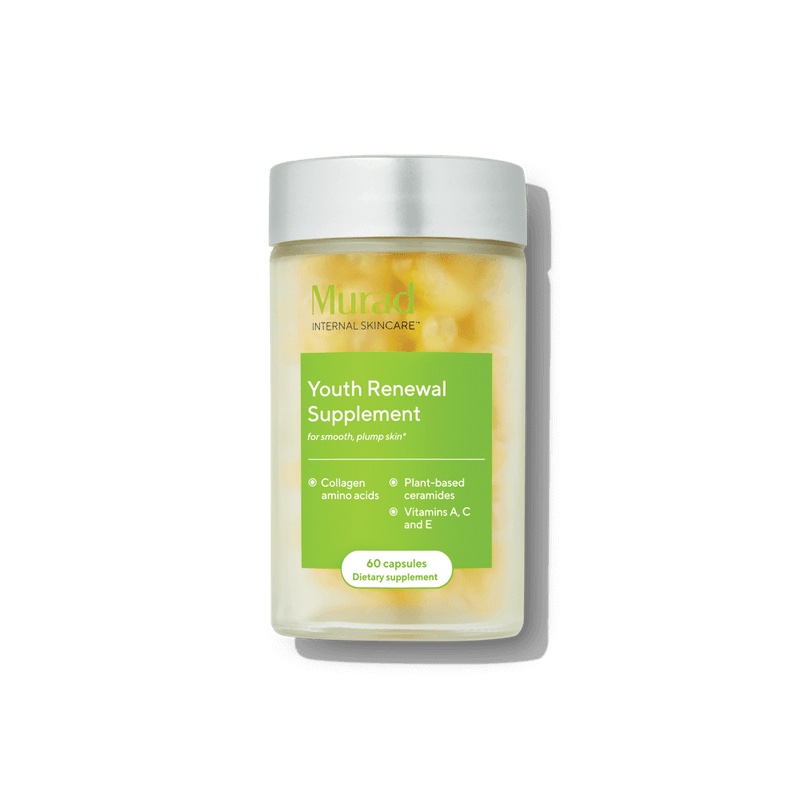Is cardio even effective? Is yoga really exercise? How to get your heart-healthy routine right

Your heart may only be as big as your two fists put together, but it’s one of the most important organs in your body. It pumps nutrient-carrying blood to the various tissues and organs, ensures proper oxygen flow and facilitates the removal of waste products via the lungs. Aside from regular checkups and maintaining a healthy diet, exercising is instrumental in not only improving your heart health, but preventing cardiovascular issues down the line.
How exercising affects your heart
According to Dr. Mary Branch, a board-certified cardiologist based in North Carolina, regular exercise is important for your cardiovascular health in many ways. For one, it can help lower your blood pressure, which reduces overall strain on the heart. “Exercising also improves your insulin sensitivity, which helps reduce your risk of diabetes—and allows you to reduce your A1c if you already have diabetes,” Dr. Branch says. If you struggle with cholesterol levels, exercising can lower your bad cholesterol (LDL) which, if too high, can lead to heart attack or stroke. Finally, exercising increases your stamina and conditions your heart for peak performance (unlike inactive hearts, which can cause shortness of breath during exercising).
While there’s no specific age where heart health begins to decline, most people begin to deal with bodily changes midlife. “In men, the risk for heart attack increases significantly after the age of 45,” says Mary Yuter, registered nurse of Heart to Soul Cardiac Wellness. “In women, heart attacks are more likely to occur a little later, after the age of 50, due to the cardio-protective nature of their female hormones.” In any case, it’s best to develop a consistent exercise routine and maintain it throughout your life. “If you stay ready, you don’t have to get ready — in fact, learning how to exercise later in life can be very difficult,” Dr. Branch says. The goal is to make exercising as much a part of your life as bathing or brushing your teeth.
High-impact exercises for the heart
The American Heart Association recommends at least 150 minutes of moderate exercise and 75 minutes of vigorous exercise per week, and this can be broken up however you’d like. When it comes to high-impact exercises like jumping jacks, dancing or high-intensity interval training, Dr. Branch says to mix things up, be consistent and engage in them for at least 15 minutes a day. “I recommend coupling up jogging or running with weightlifting,” she says. “For example, you can jog two days per week and lift weights two to three times per week.” You may also find interest in calisthenics (exercises that only require your body weight, like jump squats, crunches or pushups), as they can be done in the comfort of your own home, Dr. Branch says.
If high-impact cardio isn’t your thing, your heart can still benefit from a light jog or a walk. “Walking is a gentle cardio workout and an excellent way to get your body moving without putting too much stress on your joints,” says Yuter, who adds that walking backward (retro walking) can also help improve muscle strength in areas of the legs that aren’t normally used.
Low-impact exercises for the heart
In terms of goals, Dr. Branch recommends aiming for at least 4,000 steps per day. “This can help reduce your risk of cardiovascular disease like heart attack, peripheral artery disease and stroke,” she says. If you’re not normally a walker, Dr. Branch recommends starting small. “Truthfully, any improvement in getting in your steps is beneficial — you can even start with taking the stairs at work or walking to your mailbox.”
Low-impact exercises like yoga and Pilates are non-aggressive workouts that can also benefit heart health. “Both yoga and Pilates can help with stress relief and lowering your blood pressure, which is beneficial since high blood pressure is linked to heart failure,” Dr. Branch says. “The two workouts can also improve stability, which can aid in improving your overall ability to exercise.”
Bottom line: You don’t have to sweat profusely in the gym everyday for the sake of heart health. Instead, Dr. Branch says to aim to improve your physical activity each week, as the compounded increase will improve your health and overall mood.
The views expressed in this article do not necessarily represent the views of Murad, and are for informational purposes only, even if the advice of physicians and medical practitioners are included. This article is not a substitute for professional medical advice, diagnosis or treatment, and should not be considered specific medical advice.





